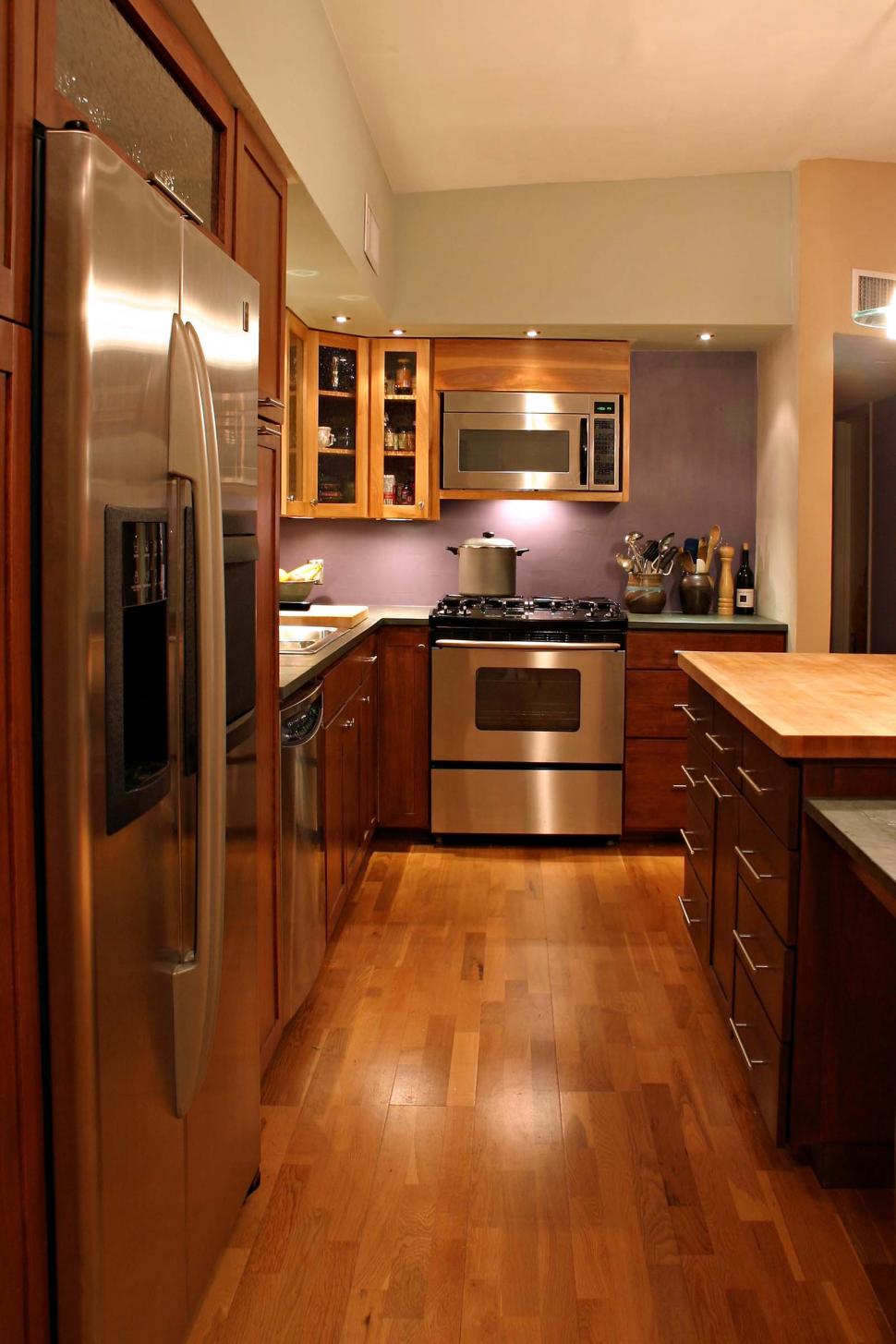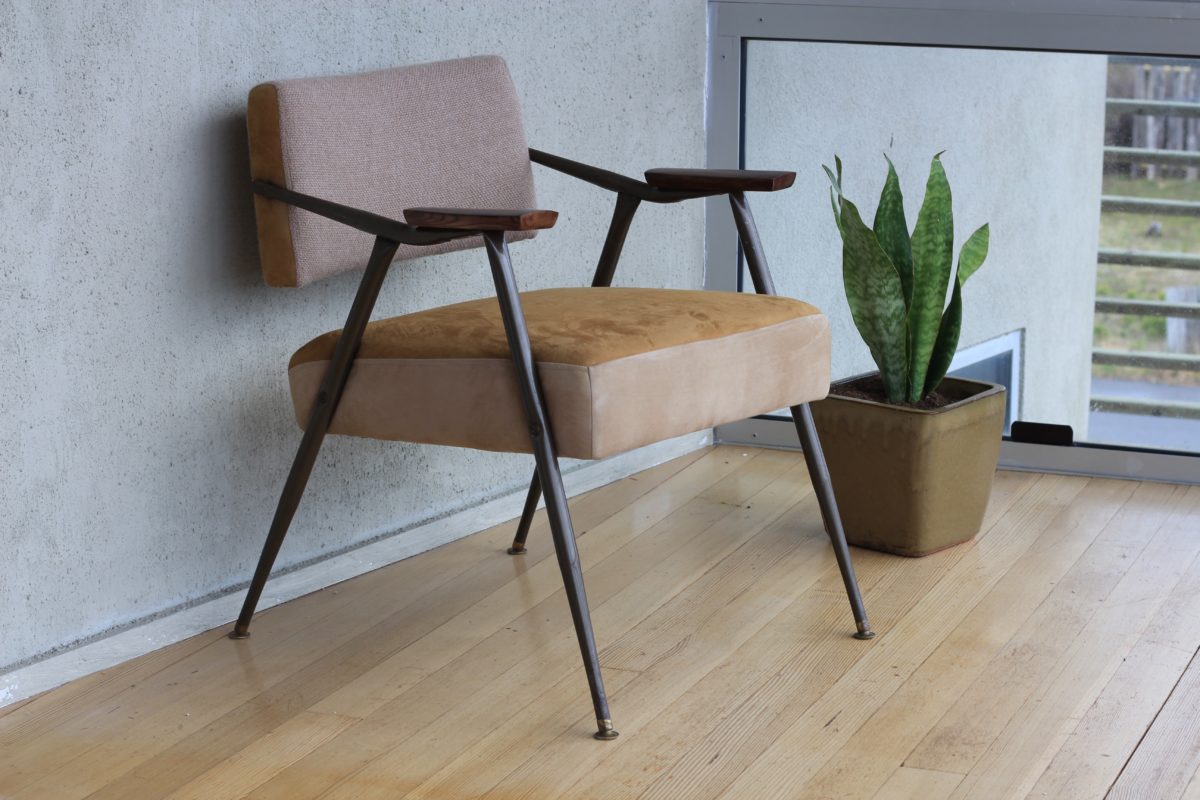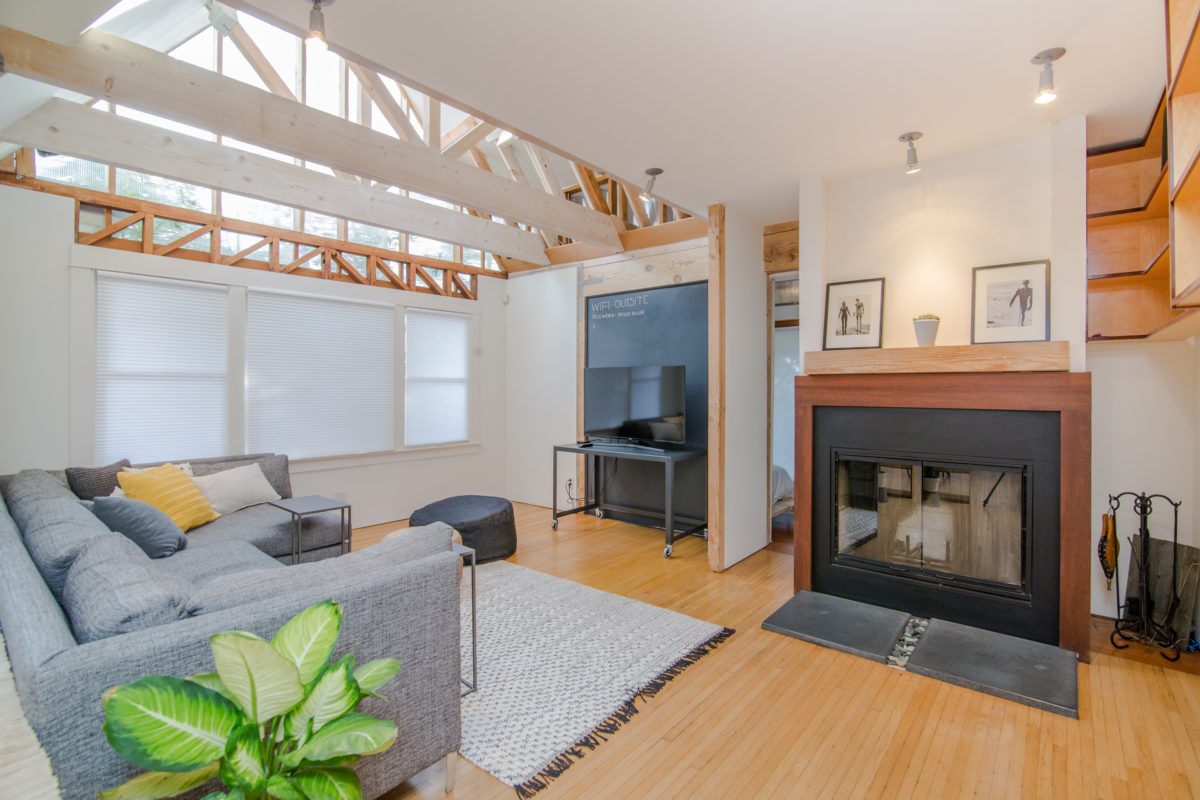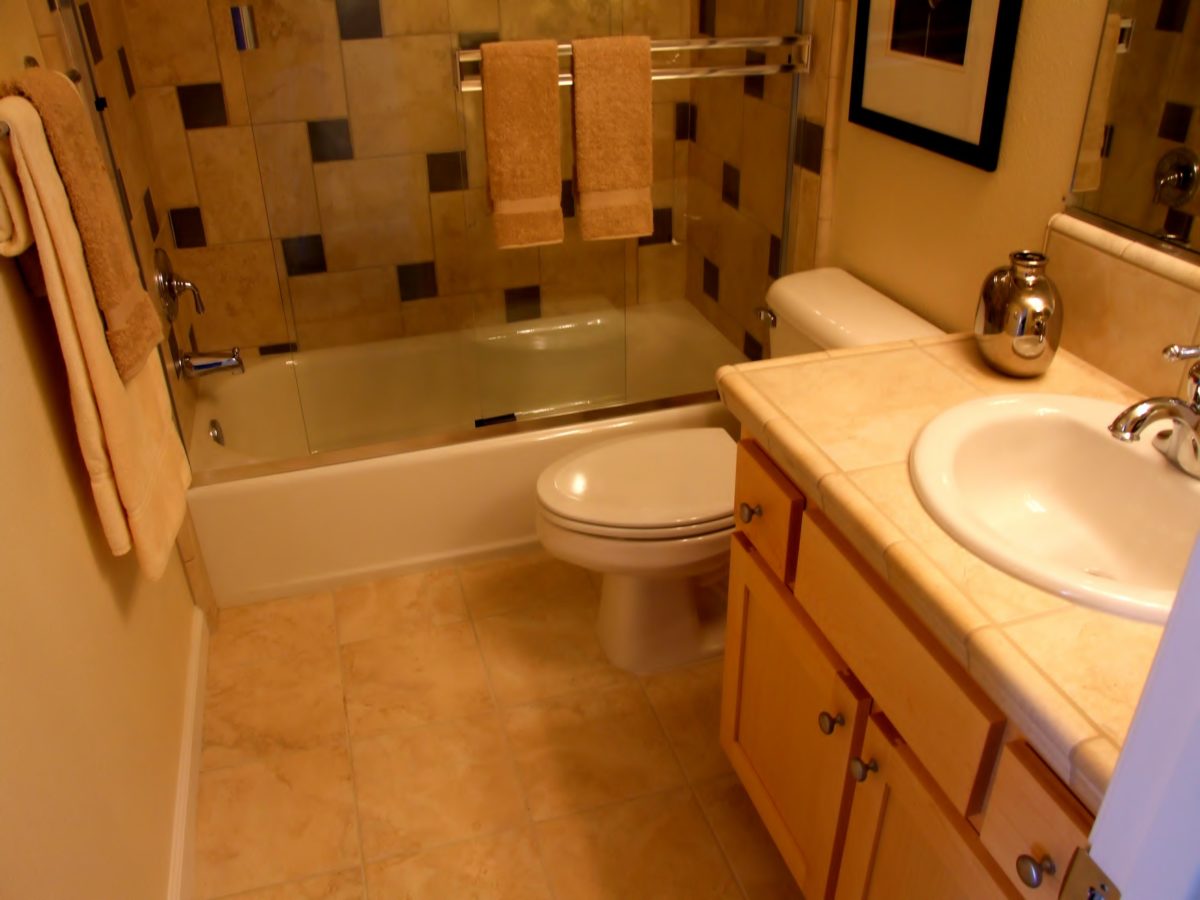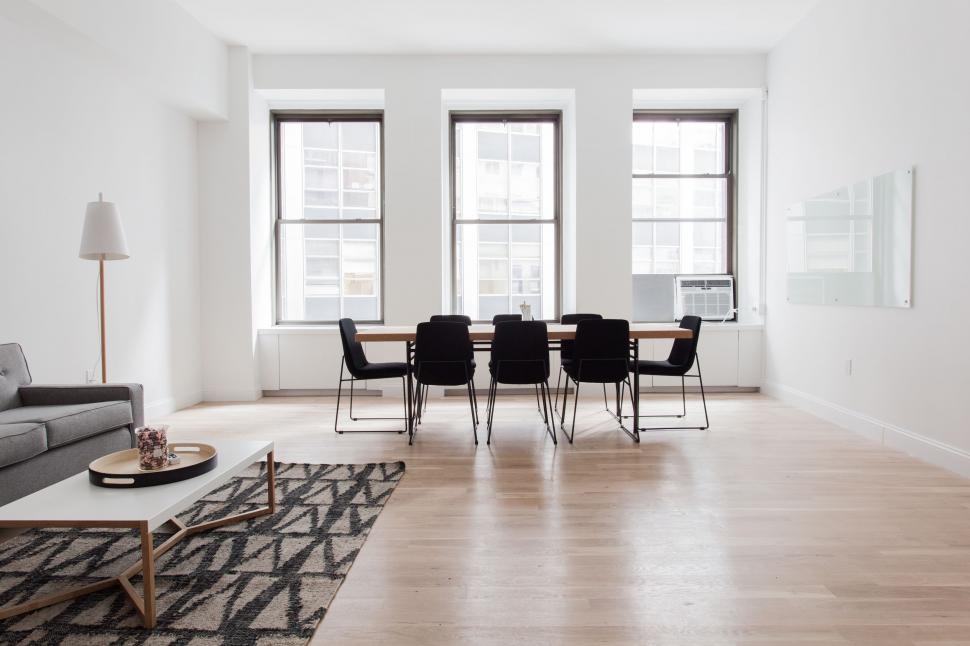Replacing the floor in your home? Here are the most popular types of flooring, their cost range, pros and cons, and the rooms for which they’re best suited for.
1. Hardwoods
Costs: High
Depending on the type of hardwoods you go with. Engineered wood will cost you a little less.
Pros: Hardwoods look great and boost a home’s resale value.
Cons: The cost is the largest drawback. Keep it away of wet areas; water can ruin hardwoods.
Best suited for living rooms. It looks good and it’s stylish.
2. Tile
Costs: Low-Mid
There are many different types of tile. It requires professional installation. A project can rack up thousands of dollars depending on the area size.
Pros: Glazed ceramic tile is very durable and resistant to scratches, it’s also water resistant, easy to clean, and stains are not much of a concern.
Cons: Tile can be a bit cold, and heating systems for tile are very expensive. Tile can crack and can be difficult to repair. (keep some of the material in storage in case you need to replace broken tile).
Best suited for: Since tile is water resistant, it is perfect for a bathroom or a kitchen where food and liquids tend to be spilled frequently.
3. Laminate Floor
Cost: Low-mid
Price ranges are variable but you can find it starting from $0.50 to $3 a square foot. If you want it to look good, you will need a professional to do the installation.
Laminate is easy to clean. You can even make your own cheap and natural house cleaners. It is also great for pets because they can’t scratch or stain it.
Cons: Standing water will ruin some laminate flooring. Make sure you choose the water-proof option.
Best suited for: Great for high traffic areas because of it’s durability not recommended for kitchens or bathrooms, since laminate should not get wet. (unless you choose the water resistant kind).
4. Carpet
Costs: Mid-high
Standard carpeting and padding is between $2 and $5 per square foot and you have to add the installation price.
Pros: Carpet is quick and simple to install and can go over uneven subfloors.
Cons: Fiber technology have enabled carpet to be more stain-resistant but it still gets stained. It also needs to be steam-cleaned occasionally to keep it fresh. Additionally, carpet is not good for people with allergies.
Best Suited For: Low traffic rooms, such as bedrooms, to minimize the dirt that gets trapped in it. It also gives bedrooms a more cozy look and feel.
5. Vinyl
Costs: Low-high
Vinyl can cost up to $5 per square foot on the high end. Installation is a couple hundred dollars.
Pros:It is inexpensive compared to some of the other flooring types.
Cons: Vinyl can be made to look like wood or tile but it still does not look as good as the real thing. and it can be a challenge to clean.
Best Suited For: Vinyl is great for a laundry room, it could also work well in bathrooms and the kitchen because of the warmth it adds.
6. Cork
Costs: The range of prices goes from $2 to $8 per square foot.
Pros: Cork is a natural material, so it is environmentally friendly. Also, it’s antimicrobial and resistant to mold, it’s safe for the family.
Cons: Since cork is a natural material, it will fade in direct sunlight. It may get damaged underneath furniture pressure points.
Best suited for: Cork would work great in bedrooms because of it softness and warmth.
Original source.

